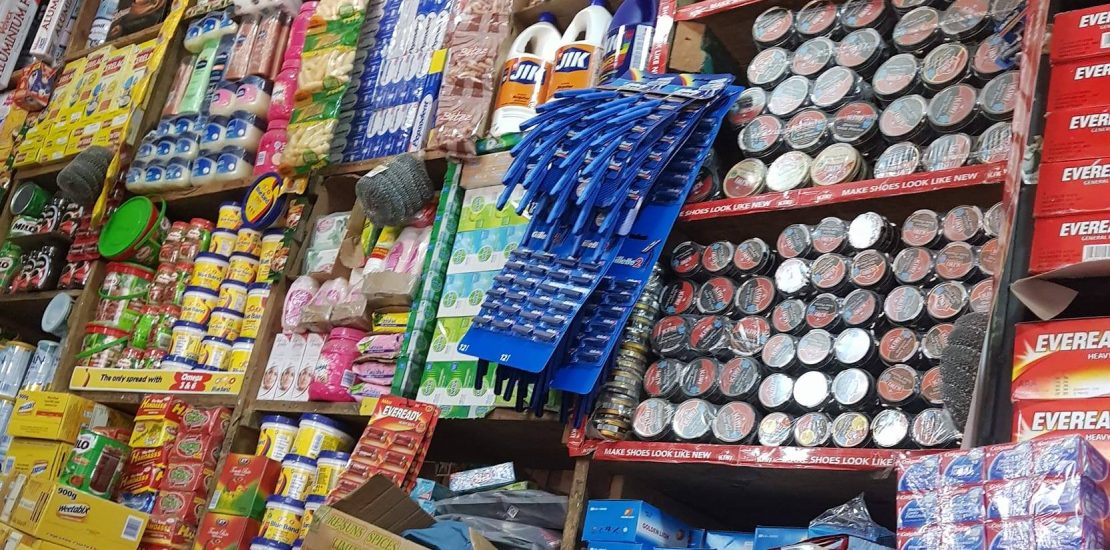- December 3, 2023
- Posted by: simba001
- Category: Business Insights

Effective supplier management is a cornerstone of successful retail operations. The relationships you cultivate with your suppliers directly impact your inventory, pricing, and ultimately, your bottom line. Here’s a concise guide on how to manage your suppliers in retail for optimal efficiency and profitability.
1. Establish Clear Communication:
Open and transparent communication is the foundation of a strong supplier-retailer relationship. Clearly convey your expectations, timelines, and any specific requirements. Utilize communication tools and platforms, like email or supplier portals, to streamline information exchange.
2. Set Clear Expectations:
Clearly define your expectations regarding product quality, delivery schedules, and pricing. Establishing clear terms from the outset ensures that both parties are on the same page, minimizing misunderstandings and fostering a mutually beneficial partnership.
3. Negotiate Favorable Terms:
Negotiate terms that work in your favor while maintaining fairness. Seek volume discounts, favorable payment terms, and flexible delivery schedules. A win-win negotiation sets the stage for a long-lasting and profitable relationship.
4. Diversify Your Supplier Base:
Relying on a single supplier for a crucial product can pose risks. Diversify your supplier base to mitigate potential disruptions. Having alternative suppliers provides flexibility and ensures a steady supply chain, even in unforeseen circumstances.
5. Utilize Technology for Ordering and Invoicing:
Leverage technology, such as ordering systems and digital invoicing platforms, to streamline processes. Tools like SimbaPOS can facilitate automated ordering, reducing errors and enhancing the efficiency of your supply chain.
6. Implement Just-In-Time Inventory:
Adopt a just-in-time inventory strategy to minimize holding costs and optimize cash flow. This approach ensures that you receive goods from suppliers exactly when needed, reducing the need for excessive storage space and minimizing the risk of overstocking.
7. Regularly Evaluate Performance:
Conduct regular performance evaluations of your suppliers. Assess factors such as delivery times, product quality, and adherence to agreed-upon terms. Regular evaluations enable you to identify areas for improvement and maintain a high standard of service.
8. Build Long-Term Relationships:
Cultivate long-term relationships with reliable suppliers. A stable and trusting partnership benefits both parties, fostering loyalty and potentially leading to better terms and conditions over time.
9. Stay Informed About Market Trends:
Stay abreast of market trends and industry developments. A proactive approach to understanding market dynamics helps you make informed decisions about product selection, pricing, and supplier negotiations.
10. Negotiate Collaboratively:
Approach negotiations collaboratively rather than combatively. A cooperative attitude fosters a positive working relationship, making suppliers more willing to accommodate your needs and collaborate on innovative solutions.
Supplier management is a dynamic and ongoing process that requires attention to detail and a proactive approach. By establishing clear communication, setting expectations, negotiating strategically, and leveraging technology, retailers can build strong and mutually beneficial relationships with their suppliers. The key is to view suppliers as partners in your business success and work collaboratively to achieve shared goals. Ultimately, effective supplier management contributes not only to the efficiency of your operations but also to the overall success and resilience of your retail business.





